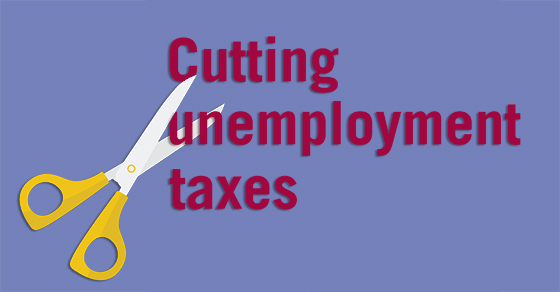Material participation key to deducting LLC and LLP losses
If your business is a limited liability company (LLC) or a limited liability partnership (LLP), you know that these structures offer liability protection and flexibility as well as tax advantages. But they once also had a significant tax disadvantage: The IRS used to treat all LLC and LLP owners as limited partners for purposes of the passive activity loss (PAL) rules, which can result in negative tax consequences. Fortunately, these days LLC and LLP owners can be treated as general partners, which means they can meet any one of seven “material participation” tests to avoid passive treatment.
The PAL rules
The PAL rules prohibit taxpayers from offsetting losses from passive business activities (such as limited partnerships or rental properties) against nonpassive income (such as wages, interest, dividends and capital gains). Disallowed losses may be carried forward to future years and deducted from passive income or recovered when the passive business interest is sold.
There are two types of passive activities: 1) trade or business activities in which you don’t materially participate during the year, and 2) rental activities, even if you do materially participate (unless you qualify as a “real estate professional” for federal tax purposes).
The 7 tests
Material participation in this context means participation on a “regular, continuous and substantial” basis. Unless you’re a limited partner, you’re deemed to materially participate in a business activity if you meet just one of seven tests:
- You participate in the activity at least 500 hours during the year.
- Your participation constitutes substantially all of the participation for the year by anyone, including nonowners.
- You participate more than 100 hours and as much or more than any other person.
- The activity is a “significant participation activity” — that is, you participate more than 100 hours — but you participate less than one or more other people yet your participation in all of your significant participation activities for the year totals more than 500 hours.
- You materially participated in the activity for any five of the preceding 10 tax years.
- The activity is a personal service activity in which you materially participated in any three previous tax years.
- Regardless of the number of hours, based on all the facts and circumstances, you participate in the activity on a regular, continuous and substantial basis.
The rules are more restrictive for limited partners, who can establish material participation only by satisfying tests 1, 5 or 6.
In many cases, meeting one of the material participation tests will require diligently tracking every hour spent on your activities associated with that business. Questions about the material participation tests? Contact us.
Tax Accounting and Business Consulting for Metairie, Louisiana
Industry Specific Accounting
Metairie CPA Services
Metairie CPA News
Tax Accounting and Business Consulting for Mandeville, Louisiana
Industry Specific Accounting
Mandeville CPA Services
Mandeville CPA News
Tax Accounting and Business Consulting for Baton Rouge, Louisiana
Industry Specific Accounting
Baton Rouge CPA Services
Baton Rouge CPA News
Tax Accounting and Business Consulting for Covington, Louisiana
Industry Specific Accounting
Covington CPA Services
Covington CPA News
Mandeville Notary Public Services
Madisonville Notary Public Services
Covington Notary Public Services




